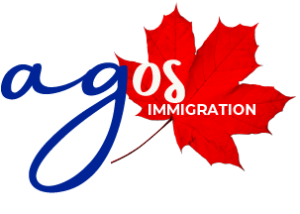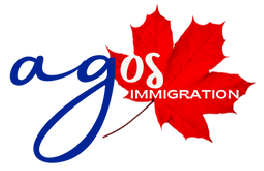“Breaking the Maple Ceiling: Justin Trudeau Resigns as Prime Minister.”
In a political shakeup that has sent ripples across Canada and beyond, Prime Minister Justin Trudeau announced his resignation today, bringing an end to nearly a decade of leadership marked by progressive policies, international diplomacy, and moments of deep controversy.
Speaking at a press conference in Ottawa, Trudeau said the decision was not taken lightly but was one he believes is necessary as Canada faces a rapidly changing political and economic landscape.
Trudeau’s departure comes at a time of mounting challenges for his Liberal government, including slipping
approval ratings, rising cost-of-living concerns, and increasing pressure from both Conservative and New
Democratic opponents. Though he did not cite any single issue as a catalyst for his resignation, analysts
point to growing public fatigue and internal party pressure as likely contributors.
Elected in 2015 with a wave of optimism and promises of “sunny ways,” Trudeau brought a modern,
progressive brand to Canadian politics. His tenure included significant strides on climate policy, immigration
reform, and reconciliation with Indigenous communities—though critics often noted the gaps between
rhetoric and action. Internationally, Trudeau became a recognizable figure on the world stage, positioning
Canada as a champion of liberal democratic values amid rising global populism. Yet at home, scandals like
the SNC-Lavalin affair and blackface controversy at times tarnished his image.
Trudeau has not yet announced what comes next, either for himself or for the Liberal Party. Deputy Prime
Minister Chrystia Freeland is widely speculated to be a front-runner to succeed him, though no official
leadership race has been declared.
As Canada turns the page on the Trudeau era, the country enters a new chapter—one marked by
uncertainty, opportunity, and the ever-present question: what comes next?




